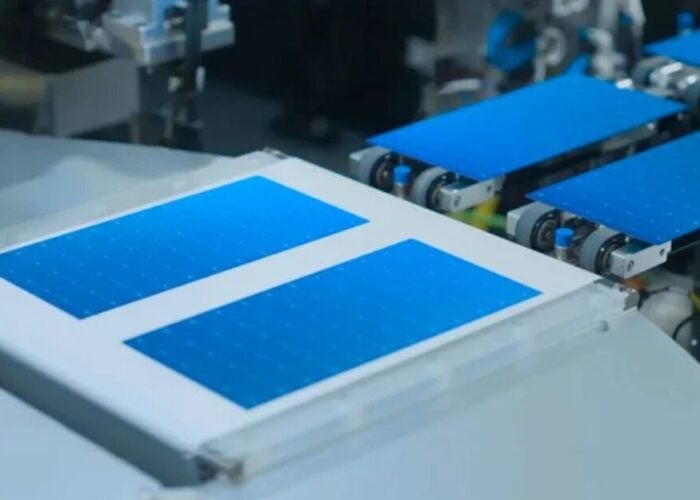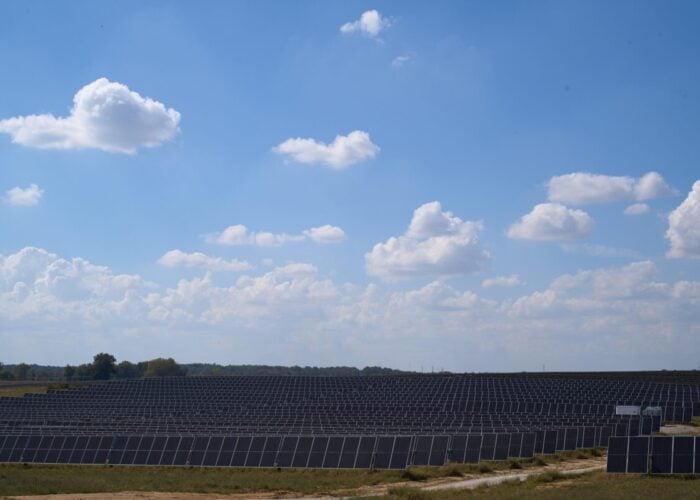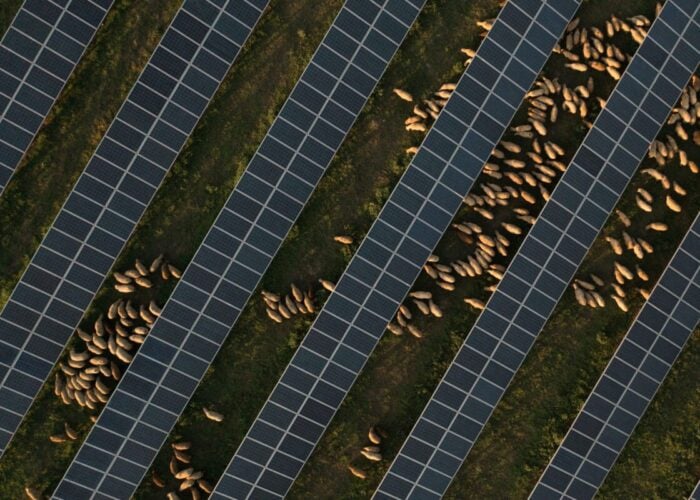Lower house politicians in the Czech Republic have now approved a law to cut the incentives for solar energy production in a bid to control the expected rise in solar installations. The Czech Republic’s Prime Minister, Jan Fischer, first called for the cuts earlier this month.
The Czech parliament, made up of 200 members, voted 169 to one in favour of the decision to allow regulators to cut generous solar energy incentives that have triggered paranoia in the country of a steep rise in electricity prices and grid instability in the future.
Try Premium for just $1
- Full premium access for the first month at only $1
- Converts to an annual rate after 30 days unless cancelled
- Cancel anytime during the trial period
Premium Benefits
- Expert industry analysis and interviews
- Digital access to PV Tech Power journal
- Exclusive event discounts
Or get the full Premium subscription right away
Or continue reading this article for free
However, the bill still needs senate approval and the President’s signature to become law. If passed, it will allow the Energy Regulatory Office, or ERU, to lower the feed-in tariff (FiT) for all new installations in 2011. All existing installations will still receive the same FiT rate they got when they originally installed, as this rate is fixed for 20 years.
Concern arose when a drop in solar panels and high fixed FiTs brought the return on investment (ROI) down to well below 11 years — some plants ROI was within just three years. The current legislation permits a 5% annual drop in the FiT rate.
The current incentives have promoted the Czech Republic to the number-three spot in Europe in terms of newly installed capacity for 2009, behind Germany and Italy. New capacity for 2010 is now expected to rise to heights of 1000 to 2000MW as investors rush to complete planned projects before the new regulations take effect.






